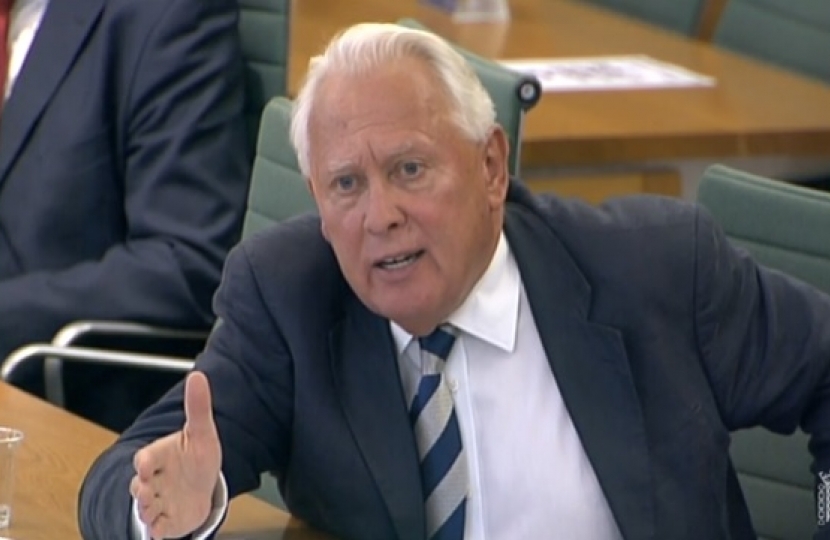
In recent weeks I have received a large number of queries asking for my views on the COVID restrictions introduced by the Government. I understand the concerns some residents have raised, the significant toll that has been taken on businesses large and small, as well as the impact months of reduced social contact has had on the mental and physical health of many.
When the virus took a foothold in the UK and transmissions begun to rise earlier this year I believe the Government was right to take the emergency action that it did. Ministers were faced with a rapidly evolving situation and steps were needed to ensure the NHS was not overwhelmed. On that basis, although it contains extraordinary powers, it had my fully support in introducing the Coronavirus Act.
Seven months on, while the virus remains prevalent, and cases are rising, we find ourselves in a very different place. We now know far more about COVID-19, how it spreads, who is most at risk, and how to treat it. Although across a number of measures the outlook remains very challenging, there are also reasons for optimism. Fewer people are dying from the virus as new treatments are deployed and considerable progress is being made in bringing forward vaccines and drugs.
While then I certainly do not agree with those who claim the virus can or should be dismissed, it is clear that COVID-19 will be with us for the foreseeable future and I believe we need to learn to live with that reality. That means taking a cautious but not overly burdensome approach, learning from best practice around the world and doing everything we can to keep as many parts of our economy open.
Throughout my political career I have been a strong advocate that solutions to some of our toughest challenges – social care and transport connectivity, to name just two - can be best found at the local level where strategies can be tailored to better meet the different needs of different communities. Coronavirus is no different. Much has been made of Germany’s successful handling of the pandemic which, in part, has been thanks to local leaders who have had the power and leeway to react more nimbly and innovatively to COVID-19. That is something we should try to emulate here.
I have made very clear that a one size fits all, blanket approach to the virus simply isn’t good enough, a case I have repeatedly made to my colleagues in Government and in the press. We need clear and coherent messaging and a far more nuanced methodology that swiftly and effectively addresses viral hotspots but does not impact those areas with a lower rate of transmission. That should apply to different regions of our country as well as to different sectors of our economy. Many industries, from theatre to travel, hospitality to hairdressing, have spent a great deal of time and energy ensuring their respective businesses have adapted and are as safe as possible. We must consider the concerns they’ve raised with the upmost seriousness and do all that we can to support them.
Every decision the Government makes should be firmly based on the scientific and medical evidence. When measures are imposed that will significantly impact people’s lives and livelihoods, like the blanket 10pm curfew on pubs and restaurants – something many of us remain deeply sceptical about – the Government should publish the underlying scientific evidence to provide confidence that decisions have been taken for the right reasons and are well thought through. Where there are inconsistencies in the restrictions, for example, the strictly limited number of people who can attend a wedding or funeral compared to other settings, action should be taken to rectify them.
Finally, whatever your view on the regulations, it is only right, as a matter of principle, that these are open to proper parliamentary scrutiny and that decisions are taken by consensus, not decree. It is for that reason I was a signatory of Graham Brady’s amendment which would have given Parliament the ability to debate and vote on any COVID restrictions implemented by the Government, something I am pleased will now happen for any significant national measures. Although I understand the Government’s position that it needs to be able to react swiftly, in some cases bringing forward restrictions at very short notice, I am sure that most MPs would be more than happy for Parliament to sit well into the night if it meant being able to fully scrutinise and vote on the proposals.
Ultimately, I believe people are far more understanding of why certain steps are necessary if the rationale is clearly communicated, well evidenced and supported by a consensus of medical and scientific experts, with decisions made openly rather than behind closed doors. That is a case I will continue to make.




